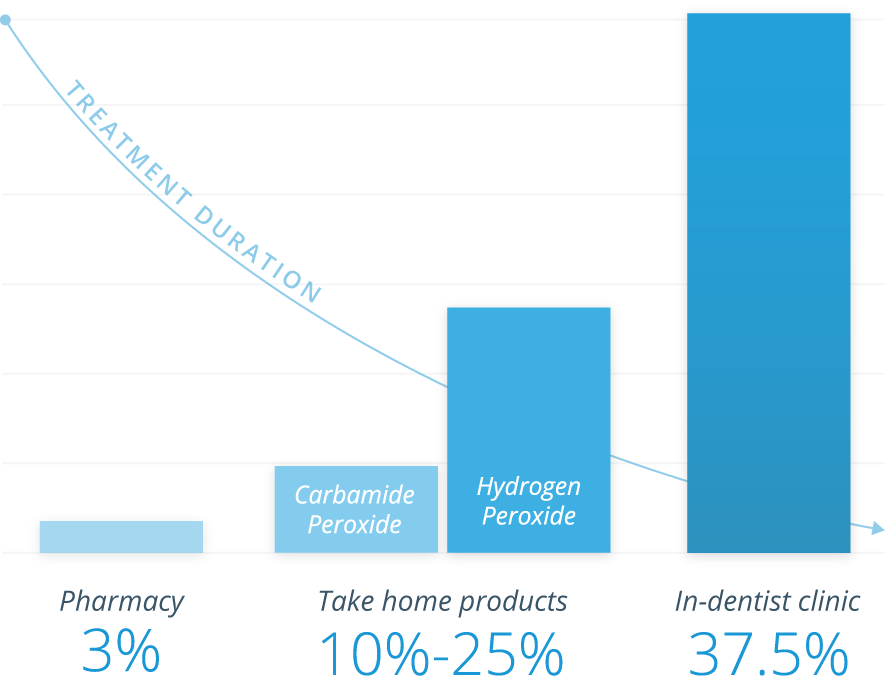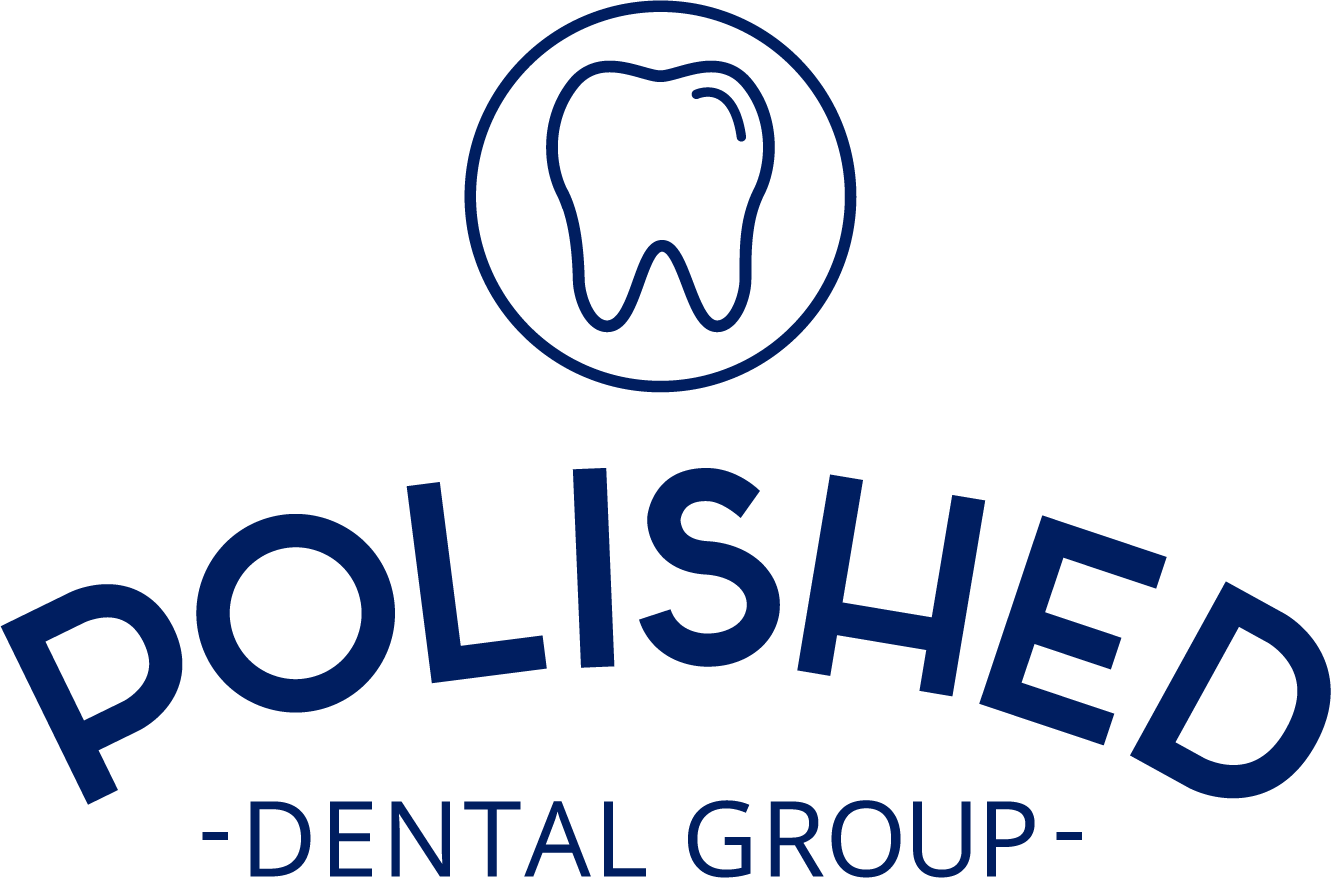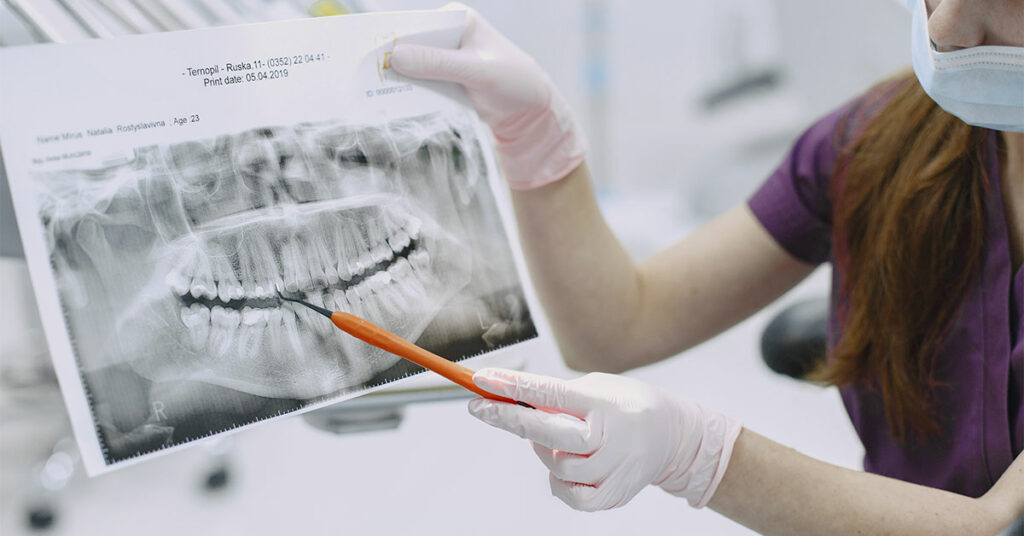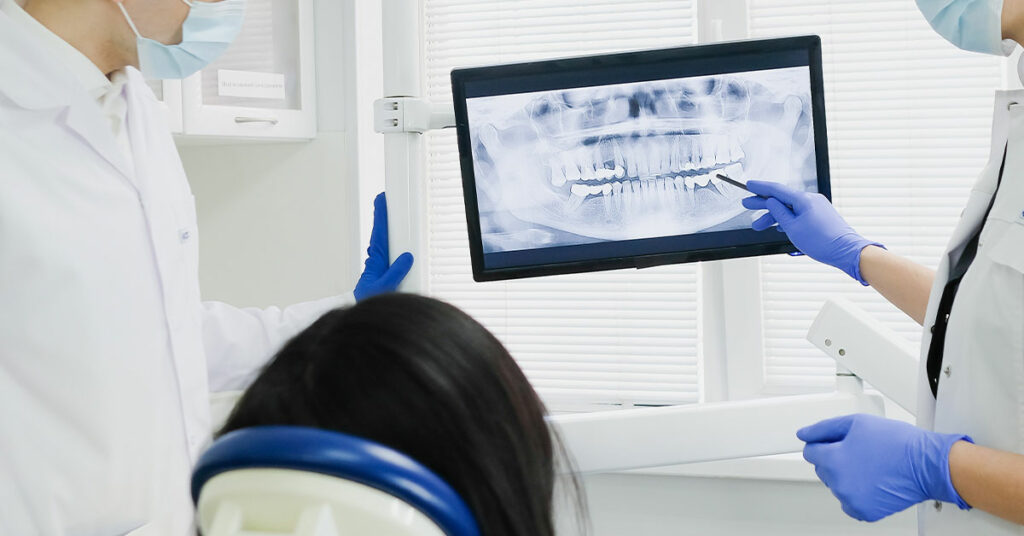Tooth Whitening – What is the difference between over the counter/supermarket products and dental products.
A very common question we have from patients is:
Do whitening toothpastes you buy in stores or whitening packs you buy online work?
It’s a very broad question and there are a few aspects we need to consider to decide if they will work for you.
- What type of stain are you trying to fix?
Most whitening agents will work by breaking down or physically polishing away stains that have adhered to the tooth surface – for examples stains from coffee, teas and coloured soft drinks.
There are many other sources of discolouration however for which whitening agents will not work. These include; naturally darker teeth (from such things as thinner enamel and acid wear`), tooth decay and developmental staining within the mineral structure of the teeth.
It is important to know the type of stain because if the stain is from the latter group – whitening products will not work and any money spent on products will unfortunately be wasted.
- Is it safe to use the whitening product?
Whitening agents cannot be used if the nerve within the tooth is going to be directly exposed to whitening material. Examples of exposure include teeth with holes (or decay), cracks and teeth where the gums have receeded. Whitening agents are completely safe to use in teeth where the nerve is protected, but when no, the nerve can become very sensitive after treatment. This is why we recommend all patients have a check-up before whitening to prevent damaging nerves of teeth potentially leading to more issues and expense.
So you’ve had your check up and want to find out what’s right for you?
- Types of over the counter whitening agents:
Abrasive whitening toothpastes
Most whitening toothpaste available in supermarkets have an abrasive – aimed at lightly polishing away any stains. These can work – but to a limited degree. The worry is that the abrasive, with regular use, can wear away whiter enamel – which actually then leaves you with darker teeth. On the other hand – there is a worry that these abrasives are not strong enough for certain stains so there the risk of wearing away enamel comes with no potential gain.
Toothpastes with a chemical active agent
There are several chemical active ingredients such as hydrogen peroxide and carbamide peroxide These work by chemically breaking down stains so that they then lift off enamel.
These are now available in some toothpastes and whitening packs. These can have a positive effect but are dependant again of the type and intensity of the stain. As these toothpastes aren’t delivered in a custom tray the paste touches not only the teeth but the gums and tongue and therefore the concentration of the active ingredient is much lower as to prevent irritating soft tissue in the mouth.
- Professional whitening from the dentist.
Professional whitening from the dentist can be more expensive than other alternatives because it very customised. By making a customised tray for you – the chemical active agent can be used in a much higher concentration. When used in the higher concentration – the stains can be removed much more efficiently and the custom trays prevents soft tissues like gums and tongues from becoming irritated.
This image displays the relative concentration of active ingredient in various whitening solutions.





